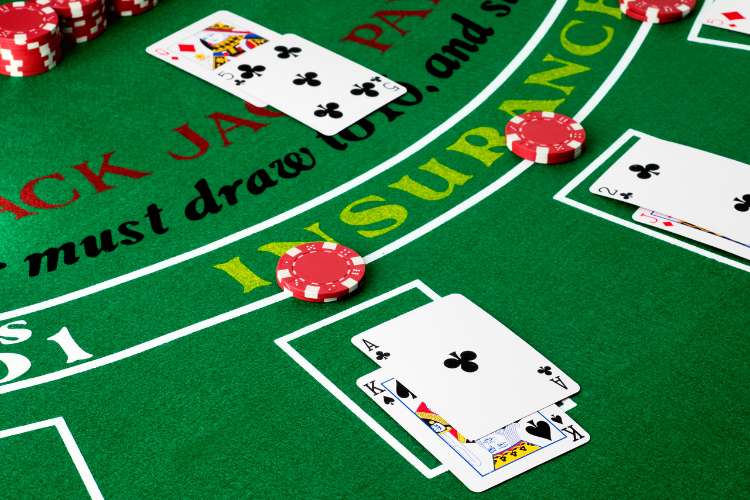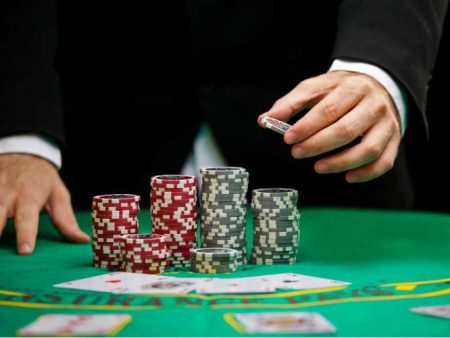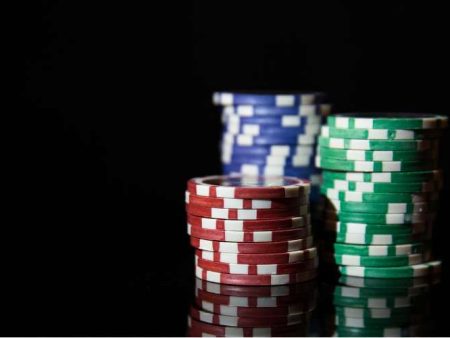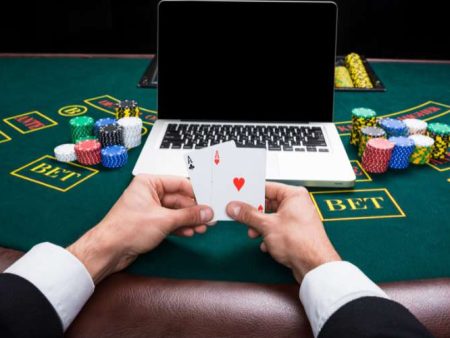
What's on this page
Blackjack is one of the most popular card games in the UK, found in both land-based and online casinos. For any player looking to improve their game, understanding the role of the dealer in Blackjack is essential. Not only does this knowledge help you make more informed decisions, but it also enhances your overall gaming experience. Whether you’re playing Blackjack types like Classic or European Blackjack, knowing how the dealer operates is key to mastering the game.
What Does the Dealer Do in Blackjack?
The dealer plays a central role in any Blackjack game. As the person responsible for dealing the cards, managing bets, and enforcing the rules, they ensure that the game runs smoothly and fairly. For UK players, understanding the dealer’s responsibilities can significantly impact how you approach the game.
In a typical Blackjack game, the dealer’s actions are guided by strict casino rules. These rules dictate how the dealer must act, regardless of the players’ decisions. While the dealer doesn’t have the same freedom as the players to choose actions like hitting, standing, or doubling down, their role is still vital in determining the outcome of the game.
Unlike players who can choose their actions based on strategy, the dealer must follow set guidelines that include standing on a total of 17 or higher and hitting on anything lower. This automatic process means the dealer’s moves are predictable, and understanding this predictability can give you a strategic advantage.
How the Dealer Deals Cards: Step-by-Step Process
Now let’s walk through how the dealer deals the cards in a typical Blackjack game, whether in a physical casino or online. When the game begins, each player places their bet, and the dealer begins the dealing process. The dealer gives two cards to each player, as well as to themselves, starting with the player on their left.
- Players’ Cards: Players receive two face-up cards. The dealer will also give themselves two cards, one face-up and one face-down.
- The Dealer’s Upcard: The dealer’s face-up card is critical. It shows other players what kind of hand the dealer has, but it’s not the full picture. The dealer’s hand only becomes complete after the initial deal.
- Player Actions: Players now have the chance to make decisions. Based on their total, they can choose to hit, stand, double down, or split their cards, depending on the rules of the specific Blackjack variant.
- Dealer’s Turn: After all players have completed their actions, the dealer flips their face-down card to reveal their hand. The dealer must then act according to set rules—typically standing on 17 or higher and hitting on anything lower.
Dealer’s Actions and Decisions During the Game
One of the main differences between the player and the dealer is that the dealer has fewer options. Calculating your odds in Blackjack requires players to factor in the dealer’s possible moves, but the dealer’s actions are strictly limited. This predictability makes the dealer a powerful part of the game.
- Dealer’s Hand: The dealer’s hand consists of two cards, one of which is face-up. The dealer must follow strict rules based on the value of their hand. If their total is less than 17, they are required to hit until they reach a total of 17 or higher.
- Standing on 17: If the dealer’s total reaches 17 or higher, they must stand. Some casinos use the European Blackjack rule where the dealer only draws on a total of 16, while in American Blackjack, they must stand on 17.
- The House Edge: The dealer’s predictable behavior contributes to the house edge, which means that the casino has a slight advantage in Blackjack. Understanding how the dealer plays can help you adjust your strategy and make smarter choices at the table.
The Impact of the Dealer on the Game Outcome
The dealer has a direct impact on the outcome of each round in Blackjack. The dealer’s hand, along with the cards dealt to the players, will determine whether you win, lose, or push. Since the dealer’s decisions are dictated by strict rules, they act as a constant in the game, while players can adjust their strategies based on their hand.
For UK players, it’s crucial to recognize the importance of the dealer’s hand in calculating your odds. If the dealer shows a weak upcard, like a 5 or 6, you may choose to adopt a more aggressive strategy. On the other hand, if the dealer shows a strong card like an Ace, you might play more conservatively.
In the end, the dealer’s predictable moves play a significant role in determining the house edge in Blackjack types like Classic or Progressive Blackjack. While players have more control over their actions, the dealer is the constant force in the game, guiding the flow of play.
The Role of the Dealer in Online Blackjack
In online Blackjack, the role of the dealer is slightly different, but the essential responsibilities remain the same. In live dealer Blackjack, players interact with a real dealer through a video stream, creating an experience similar to being in a physical casino. Here, the dealer follows the same rules as in a traditional casino, but everything is streamed in real-time.
In RNG Blackjack, the dealer’s role is simulated by a random number generator. While players don’t interact with a live dealer, the rules of the game are still based on the same structure as traditional Blackjack.
Live dealer games allow players to enjoy the atmosphere of a casino from the comfort of their home. They can also see the dealer’s face-up card, which plays a key role in deciding their next move. Understanding how the dealer operates in these settings is just as crucial as in land-based casinos.
Tips for Players to Work with the Dealer
In both physical and online Blackjack, maintaining good Blackjack etiquette is essential. Here are a few tips for players to keep in mind when working with the dealer:
- Be Respectful: Always be polite and respectful to the dealer. They are there to facilitate the game and ensure it runs smoothly.
- Follow the Rules: Make sure you understand the rules of the Blackjack variant you’re playing. Knowing what the dealer will do next can help you make better decisions.
- Keep It Simple: When making your moves, be clear and concise. Don’t overcomplicate things, as the dealer will guide the game according to the rules.
By respecting the dealer’s role, you can create a more enjoyable experience for yourself and fellow players. Additionally, understanding the dealer’s actions can make you a more strategic player.
Understanding Dealer Strategies
Although the dealer’s actions are dictated by rules, Blackjack types can still vary depending on the casino and the house rules. By understanding the dealer’s behavior, you can adapt your strategy to increase your chances of winning.
For example, if the dealer shows a weak upcard, players can bet more aggressively. If the dealer’s upcard is strong, like an Ace, you may choose to play conservatively. By understanding how to calculate your odds in Blackjack, players can make smarter betting choices based on the dealer’s hand.
Conclusion
The dealer’s role in Blackjack is essential for a successful gaming experience. Whether you’re playing Blackjack types in a physical casino or an online setting, knowing how the dealer operates can make a significant difference in your strategy and overall enjoyment. Understanding the dealer’s predictable moves allows players to adapt their strategies and increase their chances of winning.
By learning how the dealer’s actions affect the flow of the game and using that knowledge to your advantage, you can become a more strategic and confident Blackjack player. So, the next time you sit down at a Blackjack table—whether online or in person—remember that the dealer is not just a participant; they are the key to understanding the dynamics of the game and achieving success!





